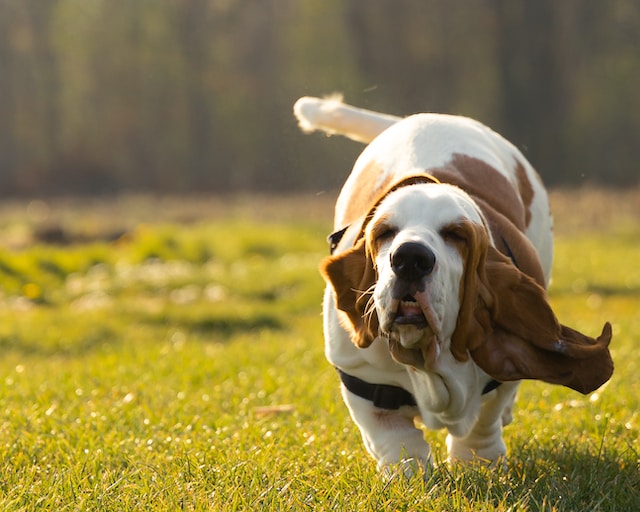Basset hounds are a beloved breed of dog that have captured the hearts of many people around the world. These dogs are known for their distinct appearance and friendly, gentle temperament. In this article, we will explore the history, characteristics, and care requirements of basset hounds.
History of Basset Hounds
The basset hound is believed to have originated in France in the 16th century. These dogs were bred for hunting small game, such as rabbits and hares. The name “basset” comes from the French word “bas,” which means low. This refers to the breed’s short legs and long body, which allow them to move easily through dense brush and undergrowth.
Basset hounds were first brought to England in the late 19th century, where they quickly gained popularity as hunting and show dogs. In the United States, basset hounds became popular in the 1920s and 1930s, and they have remained a beloved breed ever since.
Characteristics of Basset Hounds
Basset hounds are known for their unique appearance, with their long ears, droopy eyes, and short legs. They have a distinctive bark, which is often described as a deep, mournful howl. These dogs are typically medium-sized, weighing between 40 and 65 pounds.
Basset hounds are known for their friendly and gentle temperament. They are great with children and make wonderful family pets. These dogs are also very loyal and affectionate, and they enjoy spending time with their owners.
While basset hounds are not the most energetic breed of dog, they do require regular exercise to stay healthy. Daily walks and playtime in a fenced yard are important for keeping these dogs in good physical condition. Basset hounds are also prone to obesity, so it is important to monitor their diet and provide them with regular exercise to prevent weight gain.
Personality
Basset hounds are known for their gentle and affectionate personalities. They are loyal to their families and love to spend time with them. They are also great with children and other pets, making them a good choice for families with multiple pets. Basset hounds are also laid back and relaxed, making them great for apartment living. They are not particularly active dogs and are happy to lounge around the house all day.
Basset hounds are also known for their stubbornness. They have a strong will and can be difficult to train if they are not properly motivated. However, with the right training, they can be well-behaved and obedient pets. Basset hounds respond well to positive reinforcement and treats, so using these methods during training can be effective.
The temperament of Basset Hounds
Basset hounds are known for their friendly and affectionate nature. They are loyal and devoted to their families, and love nothing more than spending time with their people. They are also great with children, making them ideal family pets.
Despite their affectionate nature, basset hounds can be stubborn and independent at times. They have a strong hunting instinct, which can make them difficult to train. Basset hounds respond best to positive reinforcement training methods, such as treats and praise.
Basset hounds are not the most active breed of dog and are content with a moderate amount of exercise. They enjoy leisurely walks and lounging around the house with their people. However, it’s important to keep them active and engaged to prevent obesity and other health problems.
Care Requirements for Basset Hounds
Basset hounds require regular grooming to keep their coats healthy and shiny. They have short, dense coats that shed moderately throughout the year. Brushing their coat once or twice a week can help to remove loose hair and prevent mats and tangles. Basset hounds are also prone to ear infections due to their long ears, so it is important to clean their ears regularly and keep them dry.
Basset hounds are generally healthy dogs, but like all breeds, they are prone to certain health issues. Some of the most common health problems in basset hounds include hip dysplasia, ear infections, and obesity. Regular veterinary checkups can help to catch any health issues early and prevent them from becoming more serious. Basset hounds are prone to obesity, so it’s important to monitor their food intake and provide them with regular exercise.

The distinctive bark – or should I say, “howl” – of a Basset Hound is something our neighbors are quite familiar with. But it’s one of the things I love most about the breed. It adds so much character!
Oh, the joys of trying to train a Basset! They’re so intelligent, yet so incredibly stubborn. Treats are the key, but as you mentioned, it’s essential to watch their weight. Thank you for this comprehensive article.
Great article! A very well-rounded view of the Basset Hound. It’s important for potential dog owners to know both the joys and challenges of owning such a breed.
Those droopy eyes and long ears melt my heart every time. I’ve been considering adopting a dog for my apartment, and after reading this, I’m even more inclined towards getting a Basset Hound. They seem perfect for a relaxed environment.